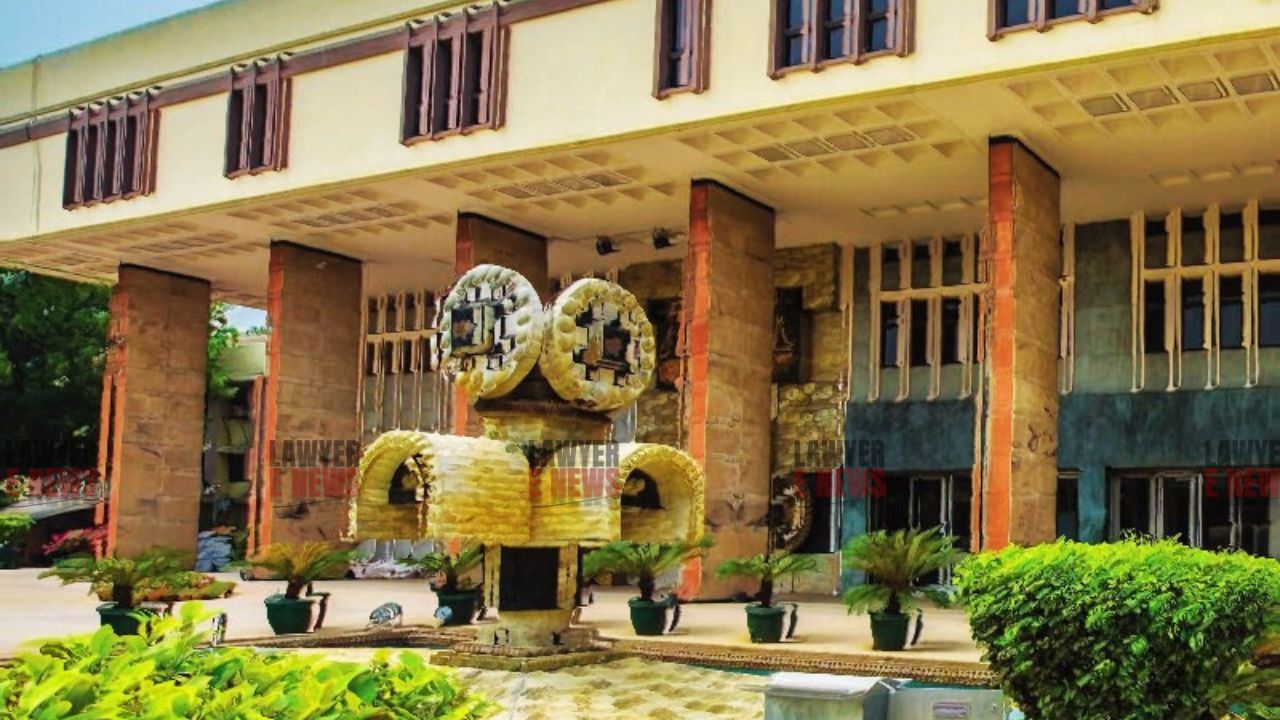-
by Admin
15 February 2026 2:36 AM



The Delhi High Court dismissed a writ petition seeking seniority in the recruitment process for the post of Sub Inspector (Executive) in the Delhi Police, based on the 2007 notification. The petitioner, Vijay Kaushik, who was eventually selected in 2009, claimed parity with other candidates who benefited from unfilled vacancies in the 2007 recruitment cycle. A division bench of Justices Suresh Kumar Kait and Girish Kathpalia ruled that Kaushik could not claim seniority from the 2007 process as no waiting list had been prepared, and the petitioner had already benefited from the 2009 recruitment.
The petitioner, Vijay Kaushik, participated in the recruitment process for the post of Sub Inspector (Executive) in Delhi Police under the 2007 notification. He scored 127 marks, while the cut-off for the Unreserved (UR) category was 128 marks. Kaushik claimed that the vacancies from 2007 that went unfilled, including those created by candidates who did not join, should have been filled by candidates from a waiting list, of which he should have been a part. In 2009, Kaushik was selected through a fresh recruitment process but filed this petition seeking seniority from the 2007 process.
The court noted that the 2007 recruitment process did not include a waiting list, and Kaushik could not claim appointment from unfilled vacancies on that basis. "Merely by appearing in the selection process, candidates do not acquire an indefeasible right to be appointed," the court stated, reiterating the Supreme Court's ruling in Shankarsan Dash vs Union of India. The court emphasized that there was no obligation to fill all vacancies, especially when a candidate failed to make the merit list.
The bench highlighted that Kaushik participated in the 2009 recruitment cycle and was appointed as a Sub Inspector (Executive) on 30th September 2009. Despite this, he continued to pursue claims related to the 2007 recruitment. "The petitioner cannot claim seniority based on the 2007 recruitment when he was selected and appointed through the 2009 process," the court observed.
Kaushik argued that he deserved parity with six departmental candidates who were appointed from unfilled vacancies in the 2007 cycle. The court rejected this claim, noting that the candidates he referred to were from a separate departmental category, and their selection was based on different circumstances. "These candidates were selected under different factual circumstances and cannot be compared with the petitioner’s case," the judgment stated.
The court relied heavily on established jurisprudence, particularly the principles outlined in Shankarsan Dash vs Union of India, which clarified that candidates do not acquire an automatic right to appointment simply by virtue of participating in the selection process. The absence of a waiting list and the subsequent carrying forward of unfilled vacancies to the 2009 recruitment were deemed consistent with the law.
The court also referenced the Vallampati Sathish Babu vs State of Andhra Pradesh case, which held that once the final select list is prepared and no waiting list exists, candidates who fall outside the merit list cannot claim future appointments from vacancies that later arise.
"The petitioner having secured 127 marks against 128 cut off marks cannot claim appointment," the court remarked. It further added, "The Tribunal has rightly observed that there-being no waitlist panel, the petitioner had no vested right to claim appointment for the recruitment process of 2007."
On the claim of parity with other candidates, the court clarified, "The grievance of the petitioner that four candidates were given seniority from 2004 cannot be upheld as they were appointed under different factual circumstances, and the petitioner cannot claim seniority on parity with those candidates."
The Delhi High Court’s ruling underscores the principle that participation in a recruitment process does not guarantee a right to appointment, especially in the absence of a waiting list. The court also made it clear that claims for seniority cannot be made retrospectively once a candidate has already been selected through a subsequent process. This judgment further reinforces the legal framework regarding the appointment of candidates from recruitment processes and unfilled vacancies.
Date of Decision: September 05, 2024.
Vijay Kaushik vs Commissioner of Police
